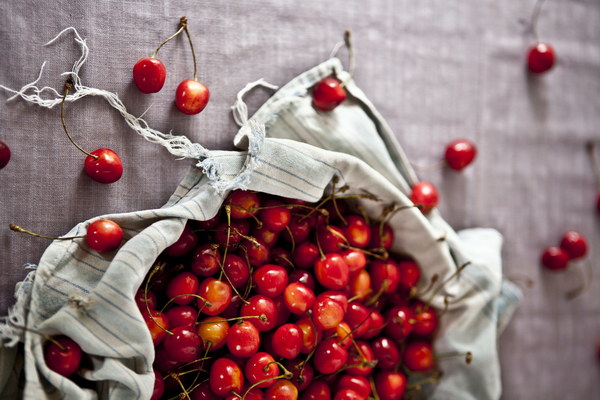Winter Nourishment How to Boost Your Child's Health with Winter Supplements
As the winter months approach, the cold weather can take a toll on our children's health. The drop in temperatures often brings with it an increase in colds, flu, and other seasonal illnesses. To ensure that your child stays healthy and robust throughout the winter season, it's important to consider incorporating winter-specific nourishment into their diet. Here are some expert tips on how to boost your child's health with winter supplements and nutritious foods.
1. Vitamin D: The Sunlight Vitamin
Vitamin D, often referred to as the sunlight vitamin, is crucial for bone health, immune function, and overall well-being. During the winter, when sunlight is scarce, children may not receive enough vitamin D from natural sources. To combat this, consider the following:
- Supplements: Look for vitamin D supplements that are safe for children and consult with your pediatrician for the appropriate dosage.
- Fortified Foods: Include foods fortified with vitamin D in your child's diet, such as milk, orange juice, and cereals.
2. Omega-3 Fatty Acids: For Brain and Immune Support
Omega-3 fatty acids are essential for brain development and immune function. Foods rich in omega-3s include:
- Fatty Fish: Salmon, mackerel, and sardines are great sources of omega-3s. Aim for fish twice a week.
- Flaxseeds and Chia Seeds: These seeds are also high in omega-3s and can be sprinkled on yogurt or mixed into smoothies.
- Supplements: Omega-3 fish oil supplements are another option, but consult with a healthcare provider before starting them.
3. Vitamin C: The Immune System's Best Friend
Vitamin C is well-known for its role in supporting the immune system. While oranges are a winter favorite, there are other sources to consider:
- Citrus Fruits: Oranges, grapefruits, and lemons are all high in vitamin C.
- Berries: Strawberries, blueberries, raspberries, and blackberries are also rich in vitamin C.
- Red Peppers: These contain more vitamin C than oranges and can be added to salads or sandwiches.
4. Iron: The Energy-Boosting Mineral
Iron is essential for energy production and cognitive development. Iron deficiency can lead to fatigue and a weakened immune system. To ensure your child gets enough iron:
- Red Meat: Lean cuts of beef, lamb, and pork are good sources of iron.
- Poultry: Chicken and turkey are also excellent sources.
- Legumes: Beans, lentils, and chickpeas are rich in iron, as are fortified cereals.

5. Hydration: Don't Forget the Water
Hydration is key during the winter months, as the cold air can lead to dry skin and respiratory issues. Encourage your child to drink plenty of water throughout the day:
- Water: Offer water regularly, and consider flavored water with a squeeze of lemon or lime for added flavor.
- Warm Beverages: Warm herbal teas or broth-based soups can also help keep your child hydrated.
6. Probiotics: The Good Bacteria
Probiotics are live bacteria and yeasts that are good for your child's digestive system. They can be found in various foods and supplements:
- Yogurt: Opt for plain, unsweetened yogurt with live cultures.
- Probiotic Supplements: Discuss with your pediatrician about the use of probiotic supplements for your child.
Conclusion
Winter is a time when children can be more susceptible to colds and flu. By incorporating these winter-specific supplements and nutritious foods into your child's diet, you can help support their immune system and overall health. Remember to consult with a healthcare provider before starting any new supplement regimen, and always prioritize a balanced diet rich in a variety of vitamins and minerals. With the right nourishment, your child can enjoy a healthy and happy winter season.









